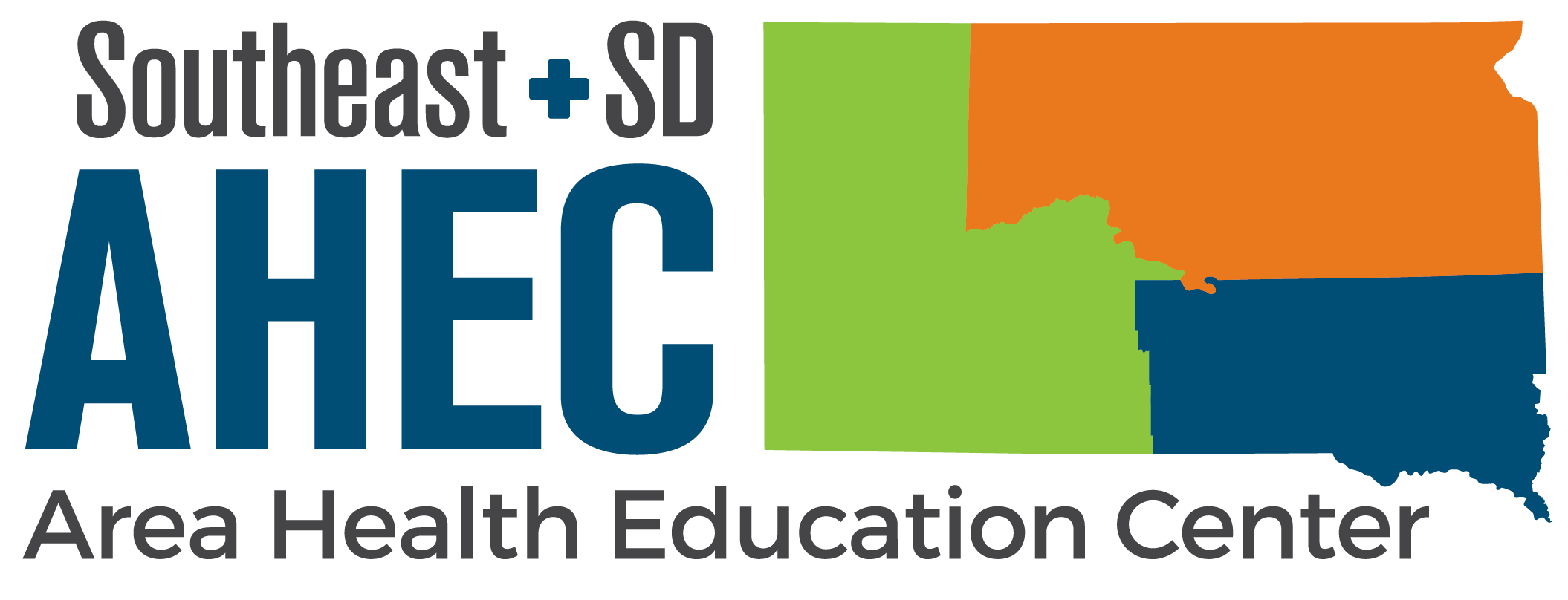Jacob Haiar, Alumni Scholar Medical Student, on his time in Britton
Week One:
I have never eaten so much food in my life! They just keep feeding us—not that I’m complaining. Britton seems to be a little oasis up here. The town is extremely nice and everyone has been very warm and welcoming. A nurse invited us over for dinner on Tuesday and we got to meet her family, grill out and chat.
Anyhow, I think the theme for week one is that in rural health care everyone wears several hats. For example, the CNO up here is also in charge of trauma and social work. While this might mean one has to work extra hard to keep their skills up, it might also mean that the job stays exciting. I’m certainly enjoying bouncing around, learning all these bits of health care.
Week Two:
What a busy week! For one, we met with the Community Health Nurse, Cari Price. I was really excited for this day because I had worked closely with the CHN in Vermillion when I was working on my Honors Thesis. Cari and I got to talking about my Thesis, in which I estimated the food security status of the WIC population in Clay County, and she expressed some interest. So, I may be doing some similar work for Marshall County in the coming weeks.
More importantly, Cari and I had an interesting conversation about the unique aspects of WIC in small, rural communities. In order to help low-income mothers and children get the nutritious food they need, WIC needs to recruit participants and maintain their participation. Contrary to popular discourse, this is a very difficult task, especially in rural communities. WIC families nationwide express discomfort and embarrassment when enrolling. Given the “take care of your own” culture we have here and the fact that everyone is likely to know if you enroll, this embarrassment is quite exacerbated. Cari mentioned that some husbands won’t let their wives or children enroll, and how some families drive all the way to Aberdeen just to get their groceries so that no one will see them use their WIC checks. The difficult task is to remind parents that the program isn’t about them, it’s about their developing infant or child.
Week Three:
I shadowed two specific, very interesting events that I would like to talk about this week. First, Brant and I went with the hospital CEO, Nick, to a Hutterite colony just west of town. I wanted to mention this because this was the first time I had ever stepped foot on a colony. The Hutterites are completely self-reliant, and while they would never let on to it, quite wealthy. One of the few services the Hutterites actually pay for is healthcare. Interestingly, all Midwestern Hutterites collectively bargained for very good insurance. Here in Britton at least, the providers are very grateful for their business, as most Hutterites are extremely attentive, tough, and grateful patients. Second, we followed an assisted living nurse on one of her home health visits. The patient was a very pleasant person who was having an unfortunate struggle with diabetes. Ulcers were developing on the lower legs, and the patient had difficulty moving about the home. Despite these hindrances, this person did seem to enjoy the freedom that was still allowed, though I think a nursing home is in the near future. Regardless, home health seems to me to be a pleasant alternative for those who could manage.
Week Four:
We were given a little more freedom in our schedule this last week. I chose to spend a little extra time in the clinic shadowing the nurse practitioners. Talking with them and the hospital administrators, there seems to be a shift happening toward midlevel providers, where physicians serve a dual medical and administrative role. The patients still receive outstanding care, and the hospital’s future is sustained (good for patients and employees).
Rural health care is a difficult and complex field that requires creativity to be successful in. But like everything that is difficult, the work is that much more rewarding. I have to say that the team in Marshall County certainly seems to be succeeding, which was very inspiring and encouraging. After my REHPS experience, I feel much more confident that I could have a future in rural healthcare.
